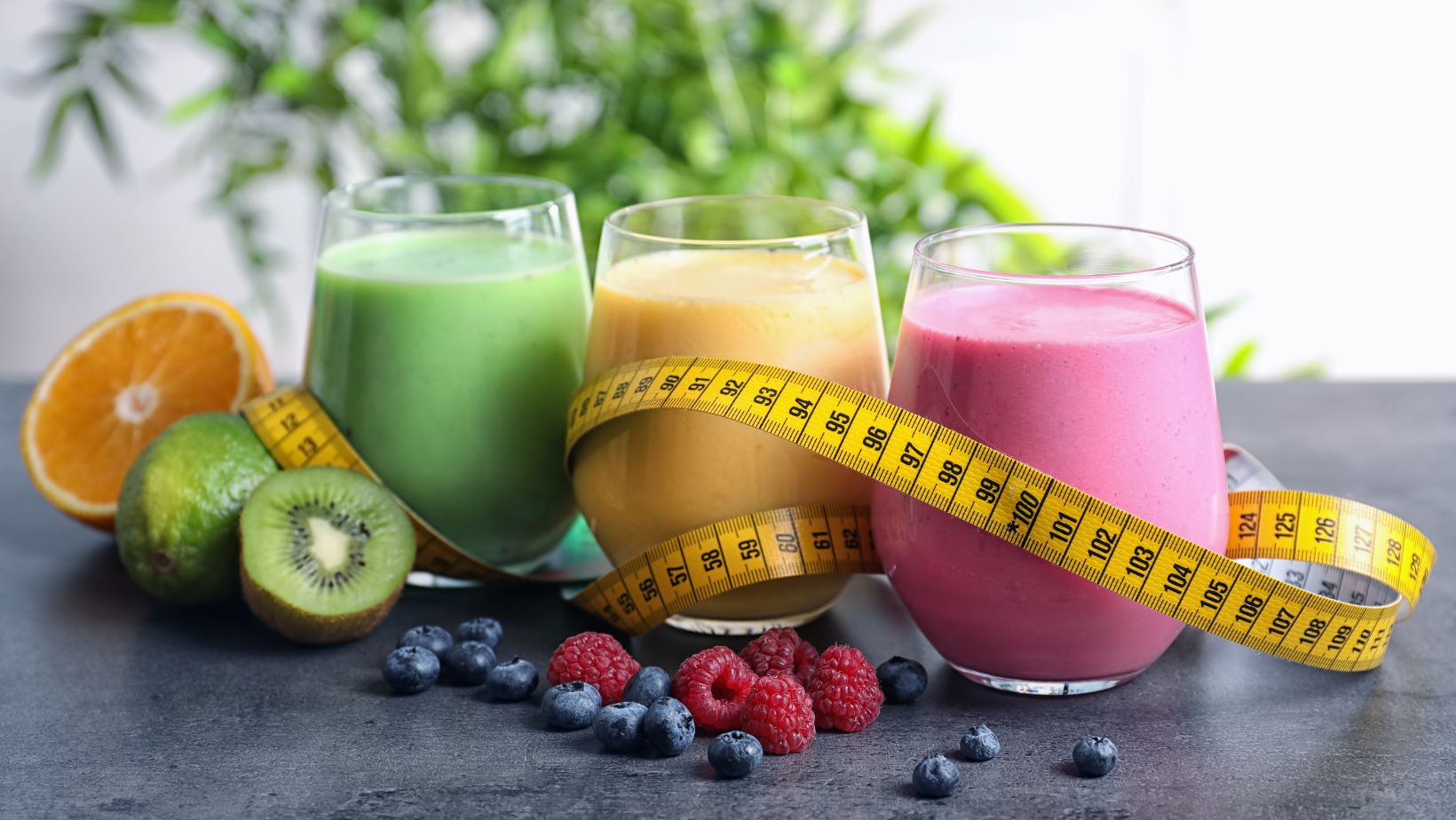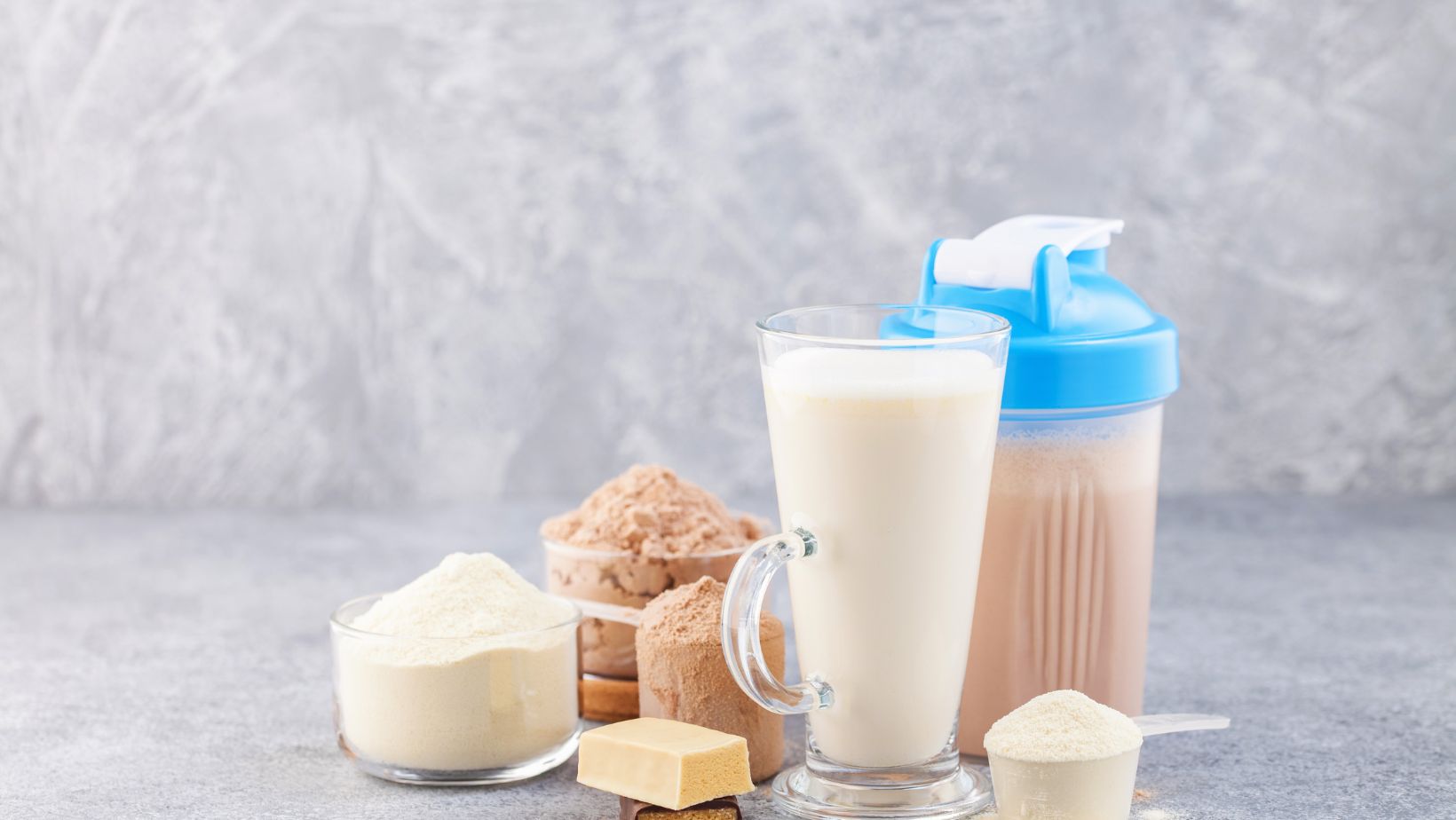
Are Protein Shakes Good For Keto
Protein shakes have become increasingly popular in the health and fitness world, offering a convenient and efficient way to boost protein intake. For those following a ketogenic diet, which focuses on low-carb, high-fat foods, the question arises: Are protein shakes good for keto? Well, the answer is not so straightforward.
While protein shakes can be a quick source of protein, it’s important to choose one that aligns with the principles of keto. Many commercial protein shakes contain added sugars or artificial sweeteners, which can spike insulin levels and hinder ketosis. However, there are keto-friendly options available that use ingredients like MCT oil or stevia as sweeteners instead.
Additionally, it’s crucial to consider your overall macronutrient balance when incorporating protein shakes into a keto diet. While protein is essential for muscle repair and growth, excessive intake may disrupt ketosis by converting excess amino acids into glucose through a process called gluconeogenesis. Finding the right balance between protein intake from whole foods and protein shakes is key to maintaining ketosis while meeting your nutritional needs.
In conclusion, when choosing a protein shake for a ketogenic diet, opt for ones that are specifically formulated with low carbs and no added sugars. Be mindful of your overall macro ratios and consider consulting with a healthcare professional or registered dietitian who specializes in ketogenic diets to ensure you’re making informed choices that support your goals on this dietary approach.
Understanding Protein Shakes
When it comes to the world of health and fitness, protein shakes have become a popular topic of discussion. Whether you’re an athlete looking to enhance your performance or someone trying to maintain a healthy lifestyle, understanding the ins and outs of protein shakes is essential.
Protein shakes are beverages that are typically made by mixing protein powder with water or milk. They are widely consumed as a convenient and quick way to increase protein intake. But what exactly makes them so popular? Let’s dive in!
- Convenience: One of the main reasons why people turn to protein shakes is their convenience. In today’s fast-paced world, it can be challenging to find time for well-balanced meals throughout the day. Protein shakes offer a portable and easy-to-prepare option that can be consumed on-the-go, making them an attractive choice for those with busy lifestyles.
- Muscle Recovery: Protein plays a crucial role in repairing and rebuilding muscles after intense exercise. Protein shakes provide a concentrated source of amino acids, which are the building blocks of muscle tissue. By consuming protein shortly after workouts, athletes can support their muscle recovery process more efficiently.
- Weight Management: Another benefit associated with protein shakes is their potential impact on weight management efforts. High-protein diets have been shown to promote feelings of fullness and satiety, which may aid in reducing overall calorie intake throughout the day. As part of a balanced diet and regular exercise routine, incorporating protein shakes can help individuals reach their weight loss goals effectively.
- Nutrient Density: While protein is the star player in these shakes, many brands also include additional nutrients like vitamins, minerals, fiber, and healthy fats. This added nutritional value can contribute to meeting daily nutrient requirements and support overall health.
- Customization: The beauty of protein shakes lies in their versatility and customization options. With countless flavors available on the market today, individuals can select one that suits their taste preferences. Moreover, protein shakes can be easily tailored to specific dietary needs by choosing plant-based or lactose-free options.
In summary, protein shakes offer a convenient and effective way to increase protein intake, support muscle recovery, aid in weight management, and provide essential nutrients. However, it’s important to remember that they should not replace whole foods as the primary source of nutrition. As with any dietary supplement, it’s best to consult with a healthcare professional or registered dietitian before incorporating protein shakes into your routine.

